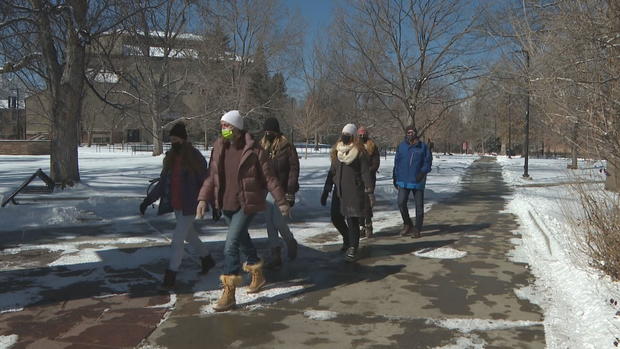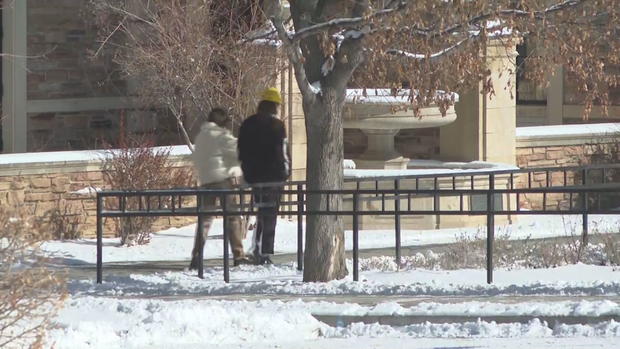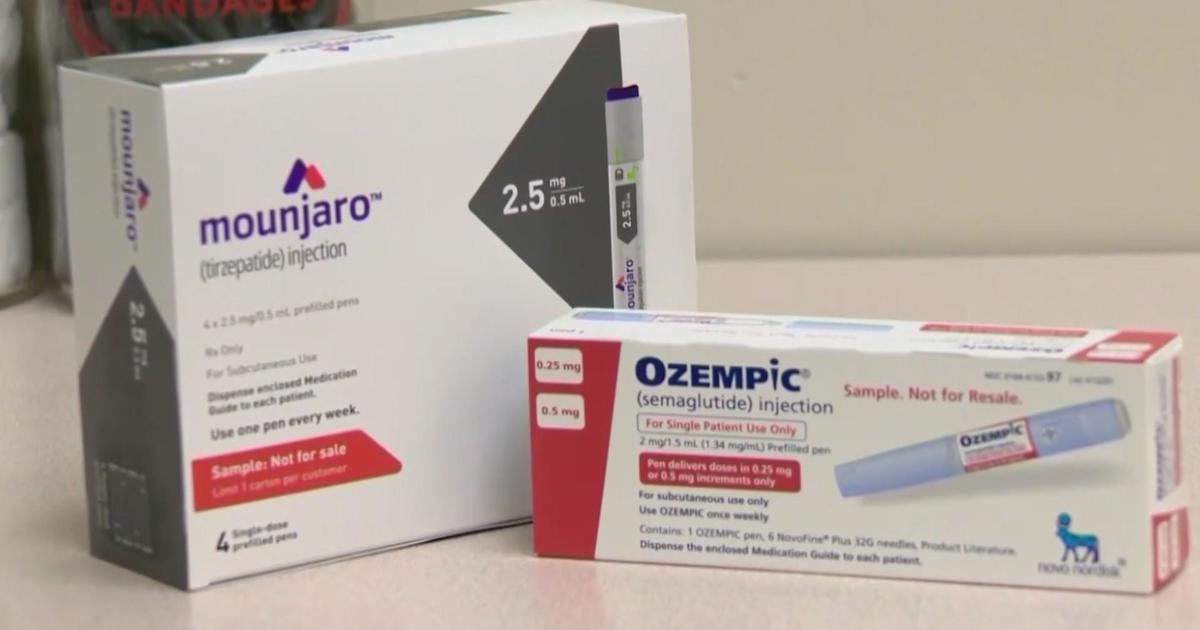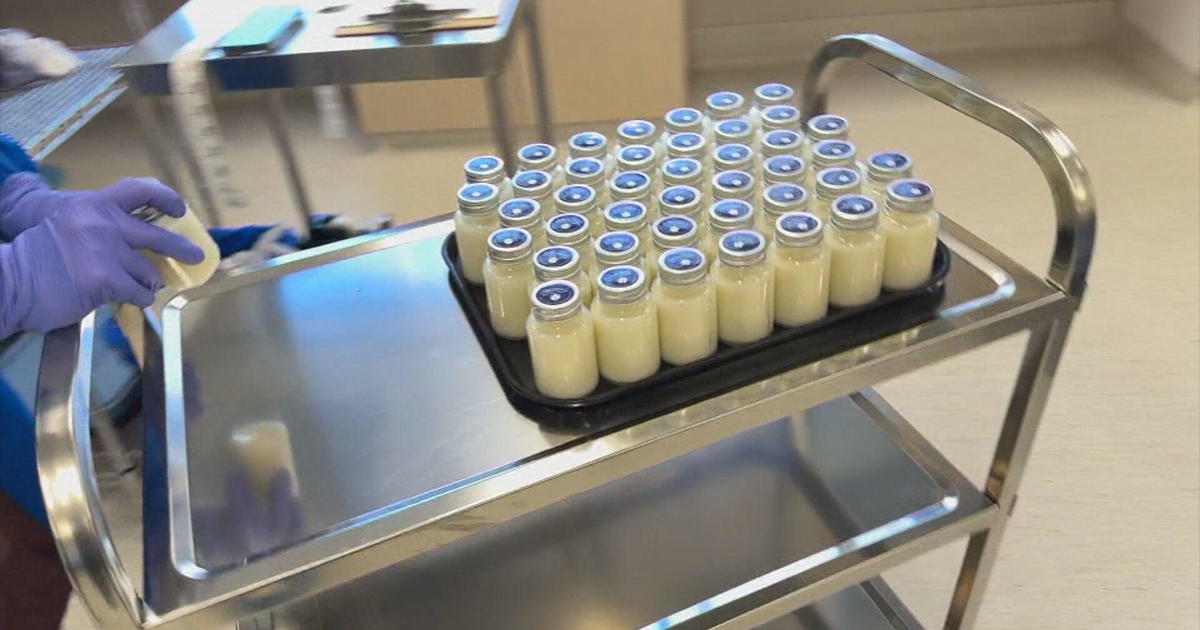COVID In Colorado: CU Boulder Study Shows How Asymptomatic People Spread Disease, Act As 'Super Carriers'
BOULDER, Colo. (CBS4) - As younger Coloradans consider whether they get vaccinated, a study at the University of Colorado Boulder shows the potential for asymptomatic people to spread disease. PhD Kristin Bjorkman, COVID scientific director at CU, helped lead a study looking at viral load and its role in the spread of COVID-19.
They found that 2% of the 1,400 people who tested positive at CU last fall carried over 90% of the virions (virus outside of infected cells). One student alone carried 5% of all the infective viruses.
They came to call them, "super carriers." It's not yet confirmed that they are super-spreaders, partly because mass spread may also involve exposure risk, like whether masks are worn by the super carrier and when. But many had no symptoms.
"So you could have just raging hot viral load and be feeling perfectly fine walking around engaging with the community," said Bjorkman.
The CU researchers also found not all students who were roommates of infected people became infected.
"We were actually pretty surprised that the transmission rate was only about 20%."
But then they found something else about the 20% rate of infection.
"We found that those who did transmit had approximately seven-fold higher viral load than the students that didn't."
Doctors have found through the pandemic that a higher viral load does not mean their patients will be worse off.
"We have not correlated viral load in an individual with severity of illness," said Dr. Richard Zane, chief innovation officer at UC Health and chair of emergency services for the CU School of Medicine.
But the discovery that there is a likely relationship between viral load and transmission plays into the need to get more younger people vaccinated.
"They lower the viral load. They lower the ability of the virus to reproduce. And they lower the ability of the vaccinated person to spread the virus should they be exposed or infected," said Dr. Zane.
Younger people are more likely to be asymptomatic. The CU study seems to show they could be a greater risk as super spreaders, particularly if they aren't aware of infection and less cautious, but loaded with high viral counts.
"This is one of the many reasons why vaccines are so very important. And will define how we can end this pandemic," said Dr. Zane.






